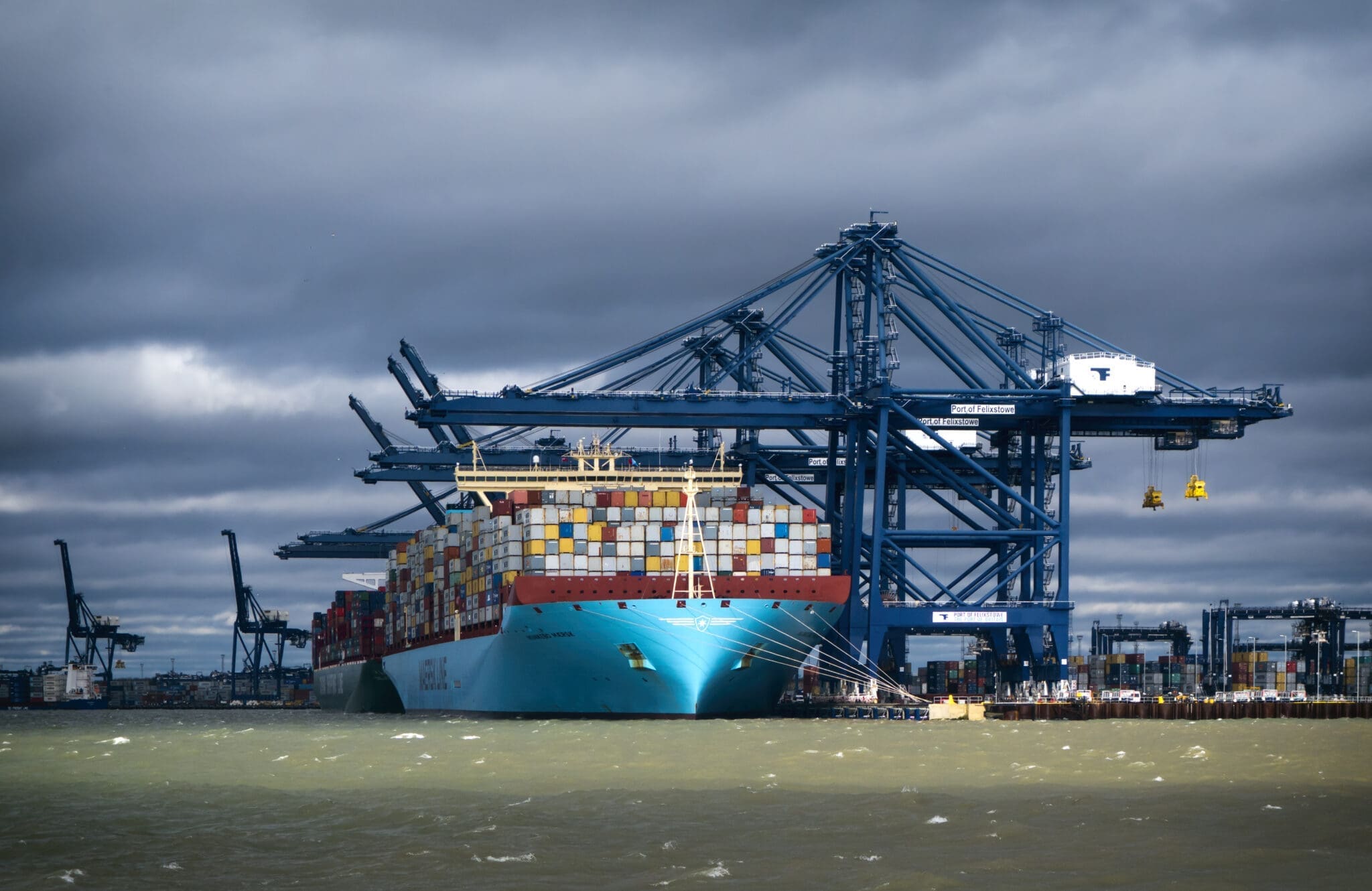In recent years, Environmental, Social, and Governance (ESG) factors have become increasingly important for investors, stakeholders, and society as a whole. The International Energy Agency estimates that the world will need six times more mineral inputs than what is used today to reach global net zero emissions by 2050.
According to the World Bank, mining is responsible for 4-7% of global greenhouse gas emissions and up to 80% of biodiversity loss in some regions. Additionally, mining operations often conflict with indigenous territories, leading to disputes over land rights and cultural heritage. The Global Reporting Initiative (GRI) sustainability standard for the mining sector has introduced new metrics for reporting mining impacts, including tailings management, artisanal and small-scale mining, and operating in conflict zones.
The mining industry has evolved rapidly, as evidenced by the increase in market capitalization of the top 40 mining companies. In 2003, the market capitalization was less than USD $400bn, while in 2022, it exceeded US$1.2trillion.
The Imperative for Supply Chain Transparency:
Mining companies must prioritize increasing the output of metals and minerals to meet growing demand while also decarbonizing mining, refining, and production processes and managing the well-being of communities and ecosystems in which they operate. That means establishing the clearest view possible of the impact of both direct mining operations and upstream and downstream value chains.
- Complex Supply Chains: Mining operations involve intricate supply chains spanning multiple regions and stakeholders, making monitoring and managing ESG risks challenging.
- Consumer demands: Consumers are willing to pay a premium for sustainable products. For mining companies, this translates to a direct impact on their bottom line.
- Regulatory landscape: Stringent regulations like the European Union’s Battery Directive and the Conflict Minerals Regulation are pushing companies to demonstrate responsible sourcing practices.
- License to Operate: Communities and governments are increasingly scrutinizing mining operations’ impact on the environment and social well-being.
- Launch of Sustainability Reporting Standard for Mining sector by GRI: The mining sector has been under increasing pressure to provide transparency into its impact on sustainable development, and the new standard responds to this demand.
- Investor Scrutiny: Investors are also increasingly focusing on ESG factors when making investment decisions. A 2021 report by the Global Sustainable Investment Alliance (GSIA) found that sustainable assets under management reached a record $46.6 trillion globally. Mining companies with strong ESG performance are more likely to attract and retain investors.
Realizing Sustainable Mining: A Collaborative Approach
Achieving sustainability in the mining industry requires a collaborative effort among all stakeholders. A network approach, where industry leaders work collaboratively to raise standards, is the most effective route to achieving the positive impact we all want – for people, the planet, and the bottom line. Partnering with a supply chain sustainability expert like Achilles enables mining companies to drive efficiencies across the procurement process, whilst also continuously raising the bar of performance across the mining supply chain. With its reach across the end-to-end metals and minerals value chain, Achilles offers effective, practical supply chain risk management solutions that empower companies to clearly showcase their ESG commitment and comply with stringent industry standards and legislative requirements with confidence.
A core part of the Achilles value proposition to both mining companies and their suppliers, is that we reduce duplication by deploying standardization wherever possible, and sharing non-sensitive, non-competitive information between all parties.
Suppliers can use one assessment process to satisfy the requirements of multiple clients simultaneously. For mining companies purchasing products and services from those suppliers, this means they do not need to reinvent the wheel or waste time going through a pre-qualification process for every tender.
Best of all, Achilles already has over 13,000 mining suppliers available within our platform.
In response to the EU’s proposed CSDDD, a paper by the Supply Chain Intelligence Institute, Vienna highlighted the benefits of deploying a network model saying “A market solution can reduce both the costs incurred and the risk of dealing with a non-compliant company by effectively pooling the costs of due diligence, a positive list approach significantly increases the efficiency of the monitoring system as a whole. It also increases effectiveness because non-compliance by a single supplier leads to the delisting of that supplier for the entire EU market. This multiplies the incentives for compliance.”
The process frees procurement, sustainability and corporate governance teams from the time-consuming and, often, complex challenge of supply chain management and provides the information required for compliance including:
- Methodical data collection: The Achilles process collects and assesses data from a wide range of sources including documentation from suppliers, publicly accessible and historical information from the internet, investigation reports from NGOs and charities and knowledge and insight from Achilles audits and worker interviews to provide the most comprehensive picture of supply chain risk.
- Rigorous due diligence: The Achilles service includes the option of undertaking desktop or in-person supplier audits and worker interviews. Achilles undertakes many thousands of audits every year on behalf of corporate clients to enable them to identify and address human rights infringements and negative environmental impacts that may be happening within supply chains and clearly demonstrate they are meeting the requirement for proactive supplier due diligence.
- Supply chain data analysis: Users across the business can access supply chain data on the MyAchilles platform in a choice of languages, use it to clearly demonstrate the risk-based approach mandated by legislation and run reports to identify risk areas, analyse supplier performance, and drive improvement. Data can also be integrated into core business systems such as ERP to take advantage of the powerful capabilities of the Achilles system and processes in day-to-day business processes and optimize procurement.
- Local insight: The Achilles expert team based in key mining hubs worldwide including Chile, Argentina and Peru includes highly skilled validators and auditors in over 20 languages. This global reach and local presence ensure an understanding of regional regulations and culture and provide critical local insights to enable superior supply chain risk management in even the most challenging locations.
- Ease and efficiency: With its user-friendly interface designed from the ground up to meet the requirements of procurement and sustainability professionals, the MyAchilles platform is the ideal tool for businesses trying to ramp up their risk management processes. In addition, Achilles processes have been perfected over many years to provide a very efficient way to capture the data and meet all-important reporting deadlines.
- Cost-effectiveness: Achilles’ extensive supply chain due diligence experience and economies of scale make it possible for businesses to comply with industry legislations in a highly efficient way, without increasing internal resources or investing in expensive in-house systems.
- Demonstrable supplier improvement: Achilles work closely with suppliers providing actional insights and ongoing support to improve individual supplier credentials and overall supply chain performance.
The time to act for mining companies is now to drive positive environmental and social outcomes while ensuring long-term business success. By embracing sustainable practices and transparently communicating their ESG performance, mining companies can build trust, attract investment, and contribute to a more sustainable world.


